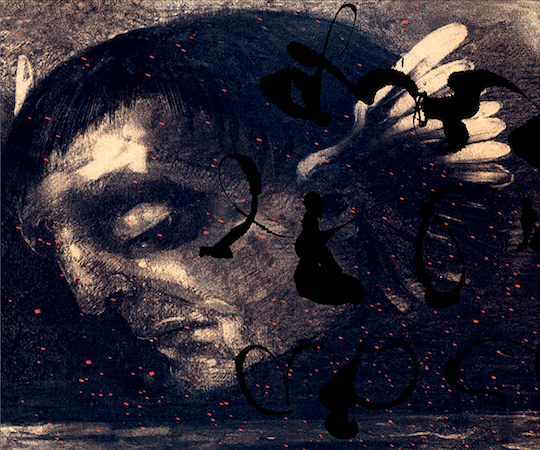[He] gave us, the lost and confused, exactly what we needed: the stability of a direction leading out of the past…. The world fell into black and white; it was ‘all perfectly simple’ … This completely dualistic picture of the world … was precisely herein a counterpart to the worldview which had formerly dominated our thinking, but it passed itself off as a complete break with the Old, and the only possible break at that.… [H]e stood behind the lectern, both hands raised adjuringly, exclaiming to the auditorium with the solemnity of one announcing a truth of faith: “Tertium non datur! There is and can be no third way!”
(Franz Fühmann, At the Burning Abyss: Experiencing the Georg Trakl Poem, 1982)
The year was 1946, the scene was an “antifascist school” in the USSR where denazified German POWs were schooled in socialist ideology to prepare for leadership roles in the fledgling East German state. Franz Fühmann (1922-1983) arrived in East Germany in 1949 with the fervor of the born-again and established himself as a cultural apparatchik. His short story cycle The Jew Car (1962) examines his youthful embrace of Nazi ideology and the gradual moral awakening that culminated in his socialist conversion–a “happy ending” which he revisited, sadder and wiser, in his last book, At the Burning Abyss. A firm believer in the socialist idea, Fühmann was bitterly disillusioned by its dictatorial practice: vaunted as the sole humane alternative to fascism, socialism had proved to be cut from the same cloth, “a soiled coat turned inside out.” Fühmann’s painful journey between ideological extremes resonated with unexpected force as I translated At the Burning Abyss amidst escalating political polarization in Europe and the US.

